How to solve the Rubik's Cube
solve the whole cube based on one simple 4 turn sequence
Do you have an unsolved Rubik's cube sitting around at home?
Would you like to learn a simple and repeatable method to solve it without having to continually refer back to a set of instructions?
In 2010 I decided to re-learn how to solve the cube & I got incredibly frustrated with all the tutorials I found on YouTube.
So I decided to create a series of videos on how to do it easier. As I recorded those videos and watched them back, I realised that there were even easier (and faster) ways to teach the cube and now my record has dropped from 3 minutes down to 59 seconds.
My Method is easy to remember. It does not need you to learn long "algorithms" and then repeat them until they "just work"...
This is not only about being able to complete the cube, it's about understanding how you are solving it and being able to complete it quickly and easily in just a few minutes without having to refer back to a set of instructions.
It's a great party trick to learn!
A very simple way to learn...
...without complex Algorithms.
This course will teach you how to solve the cube easily
With a little practice you will be able to complete the cube easily in 5-10 minutes using this method without having to refer back to any notes or videos.
With more practice you will be able to do it in less than 2 minutes every time.
This method makes sense and is easy to remember, allowing you to impress your friends by managing to complete the cube each and every time!
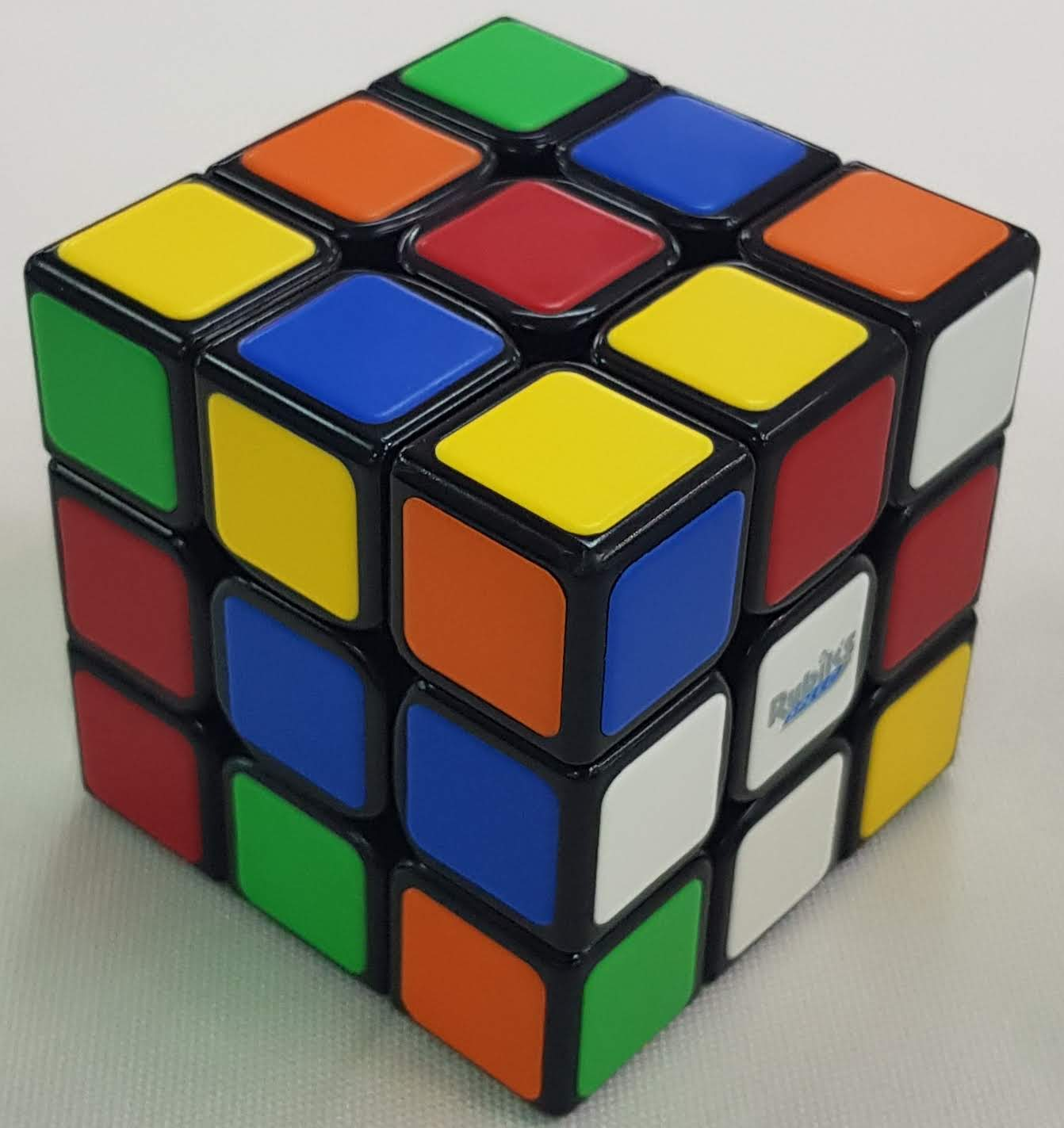 Step One: Introduction
Step One: Introduction
You will learn everything you need to do to solve the cube. You will understand how the cube moves around, what all the different pieces are and how they relate to each other. You will also understand how to read standard algorithms if you need to.
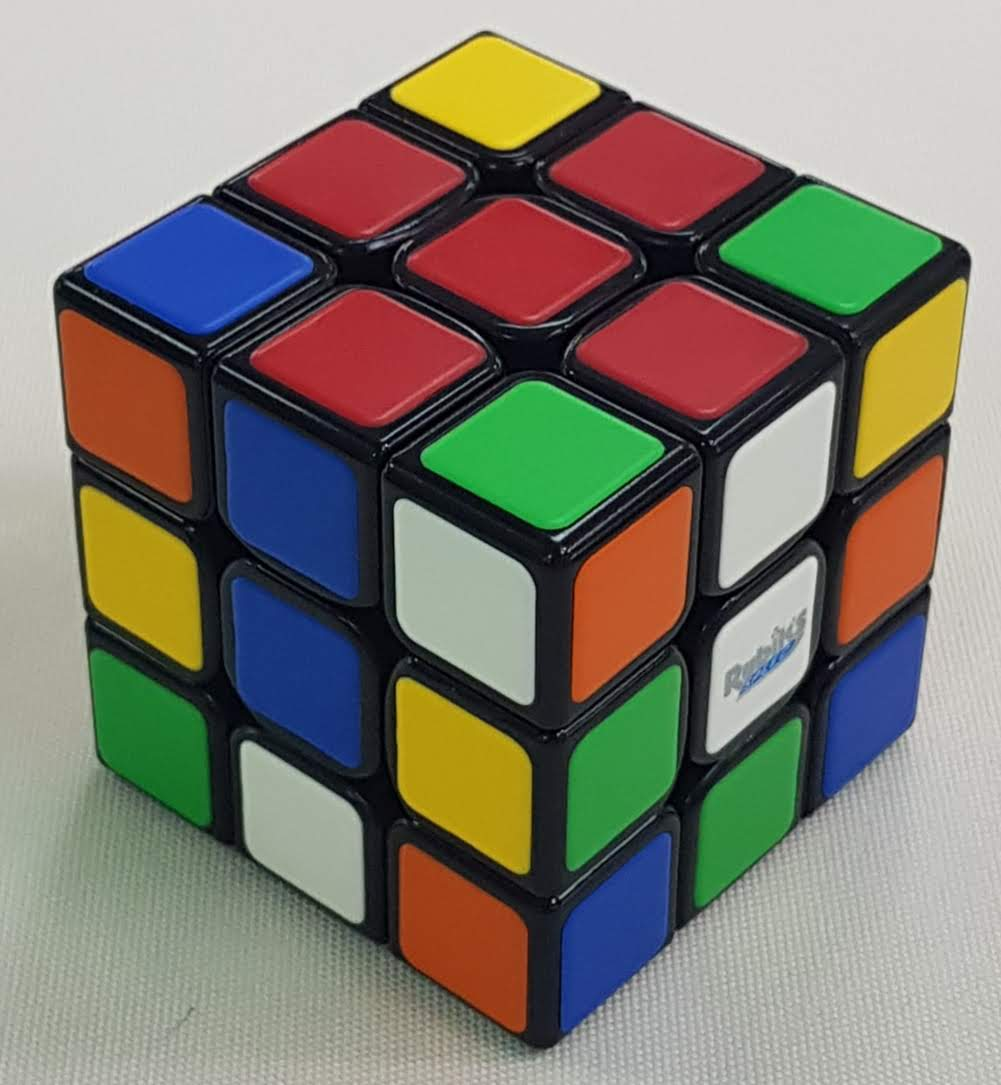 Step Two: Top Cross
Step Two: Top Cross
You will learn how to complete the cross on the top of the cube. This is the first part of the cube and it's worth spending a bit of time repeating this step as practising it will help you understand how the cube moves and will benefit you later in solving the cube.
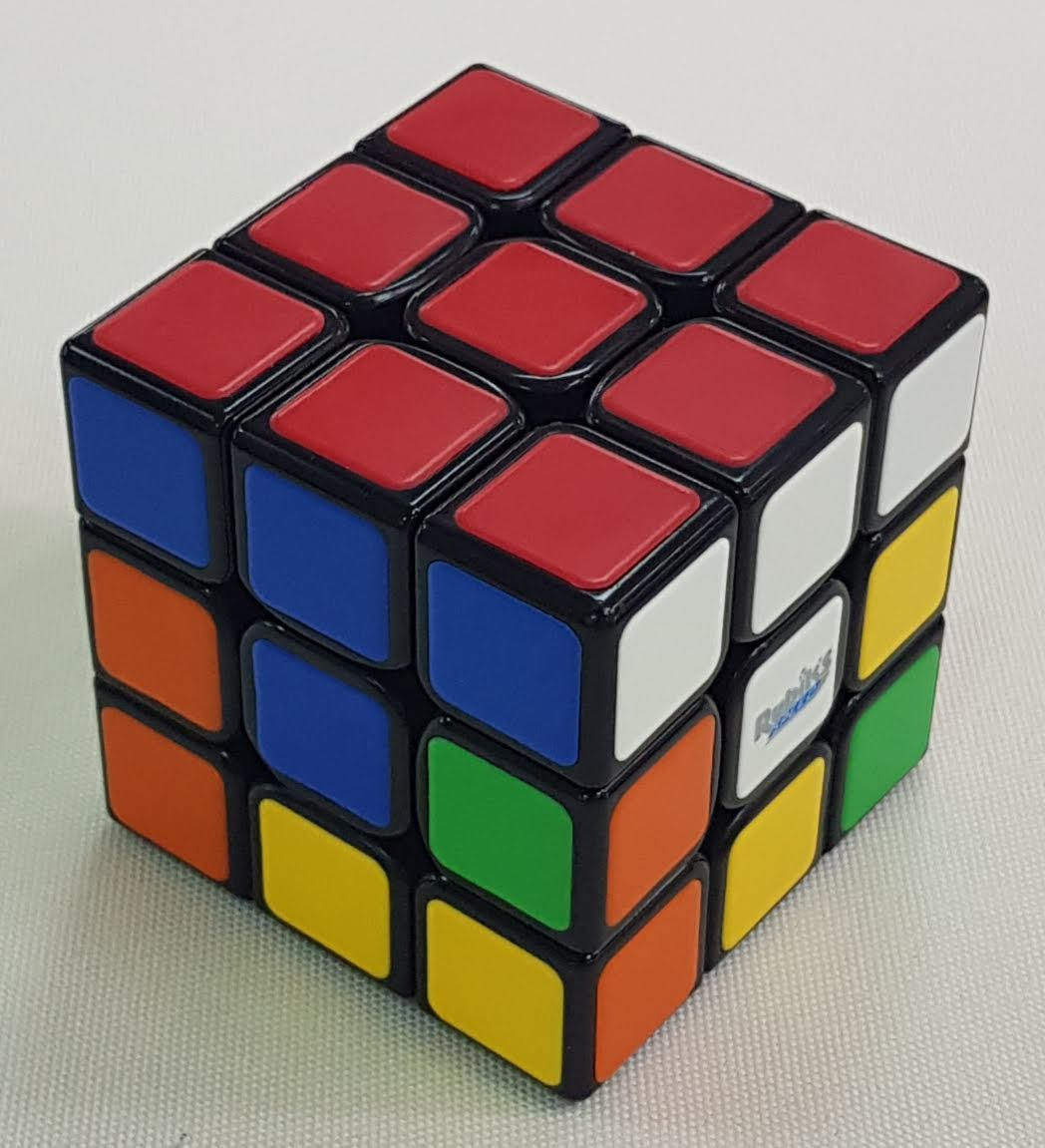 Step Three: Top Corners
Step Three: Top Corners
You will learn how to place the top layer corners from wherever they are on the cube. This is probably the hardest part of the cube as it is the place where you learn to use "gaps" and you need to trust the system to temporarily "break" the parts that you have already put in place.
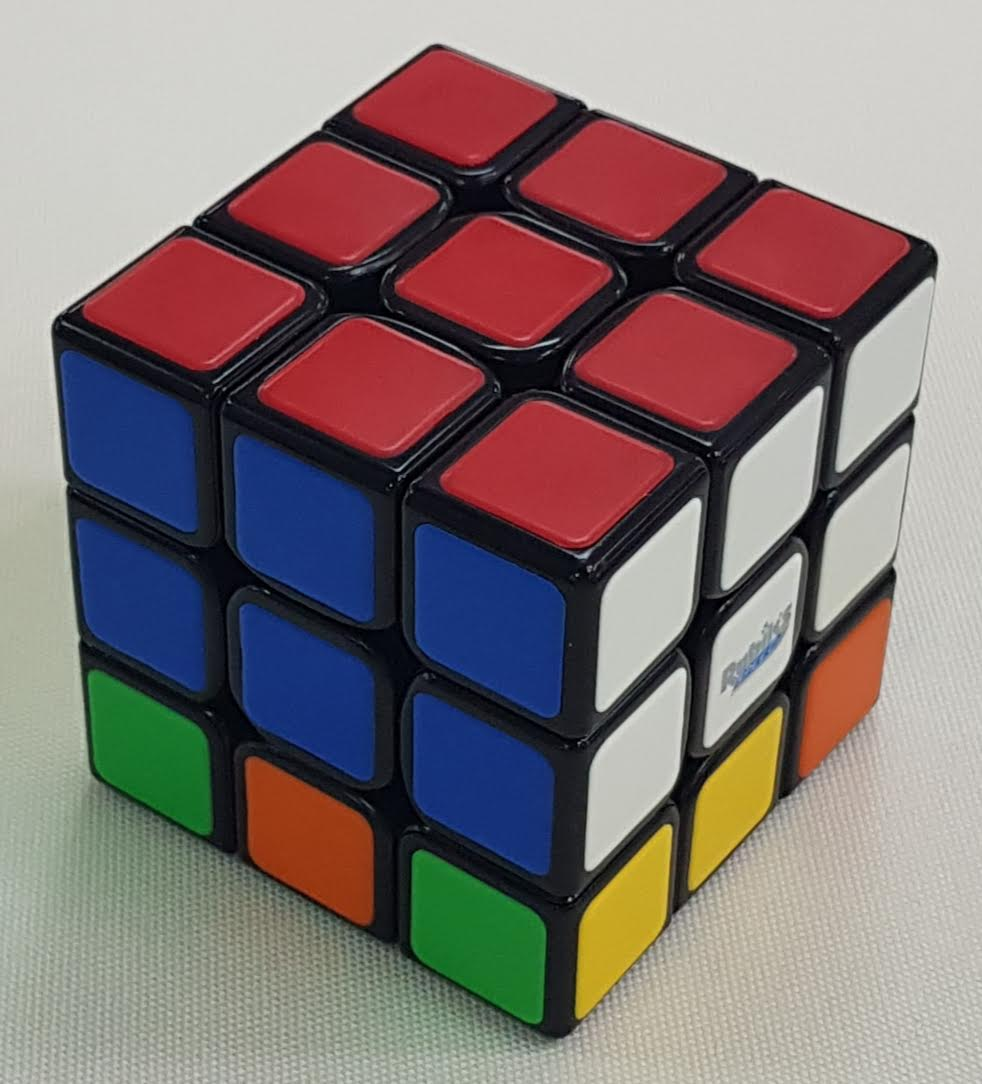 Step Four: Middle Layer
Step Four: Middle Layer
You will learn how to complete the second layer, which uses the first modified version of one of the sequences you learned in the previous section.
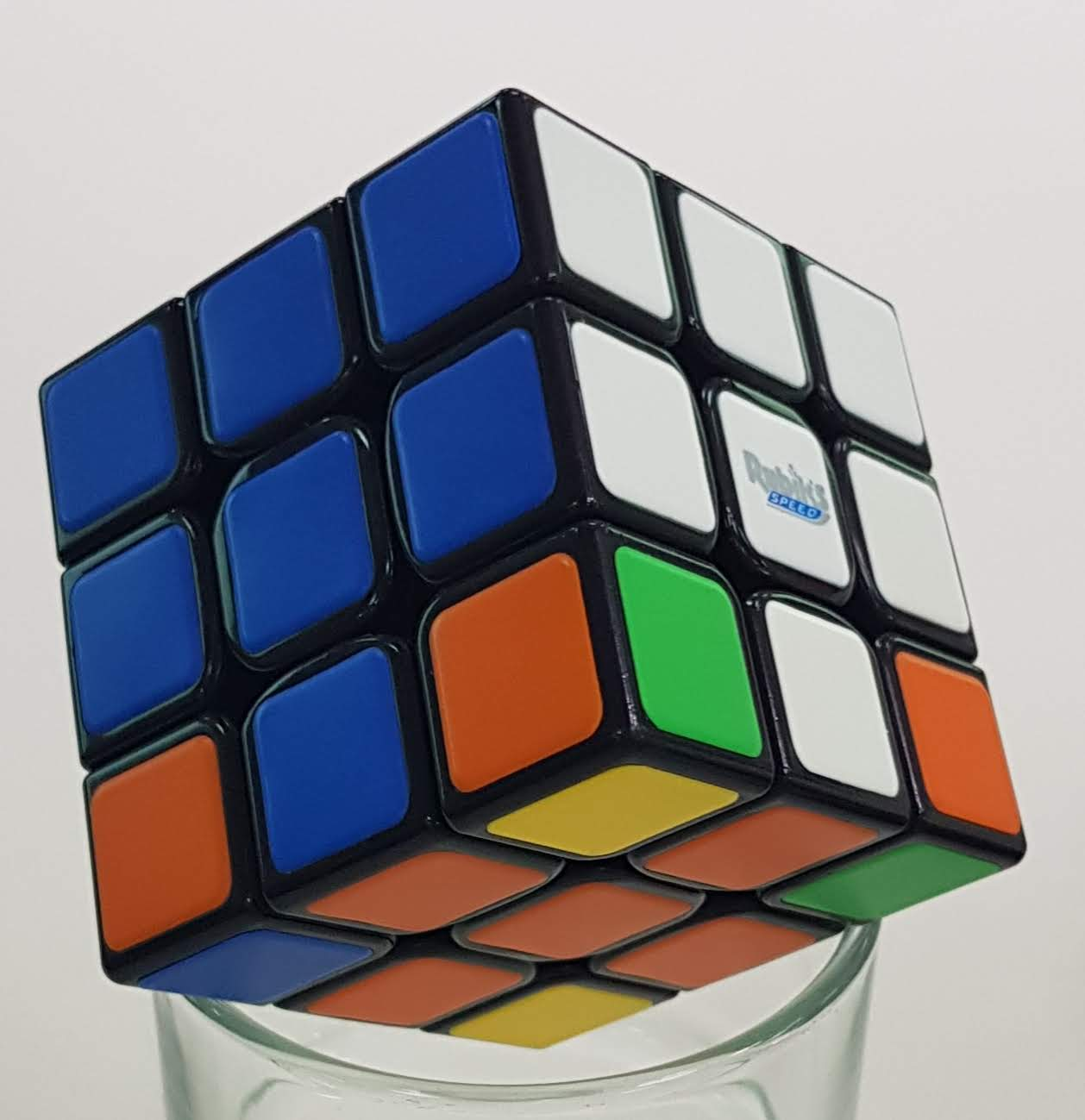 Step Five: Bottom Cross
Step Five: Bottom Cross
You will learn how to create the cross on the bottom and align the colours by using moves you have already learned.
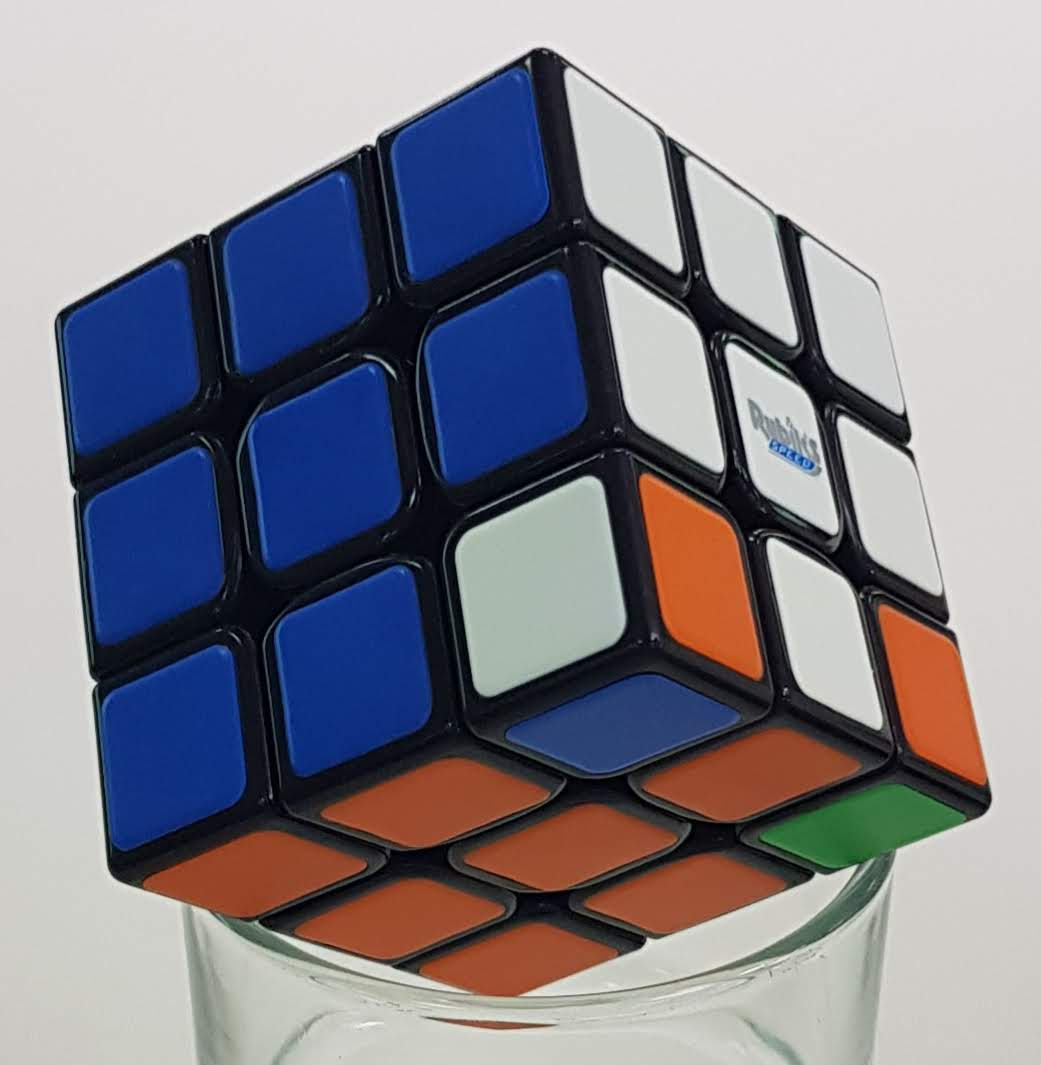 Step Six: Bottom Corners
Step Six: Bottom Corners
You will learn how to finish the cube here by completing the last four corners. This is the hardest part of the cube, but it is still only one simple sequence.
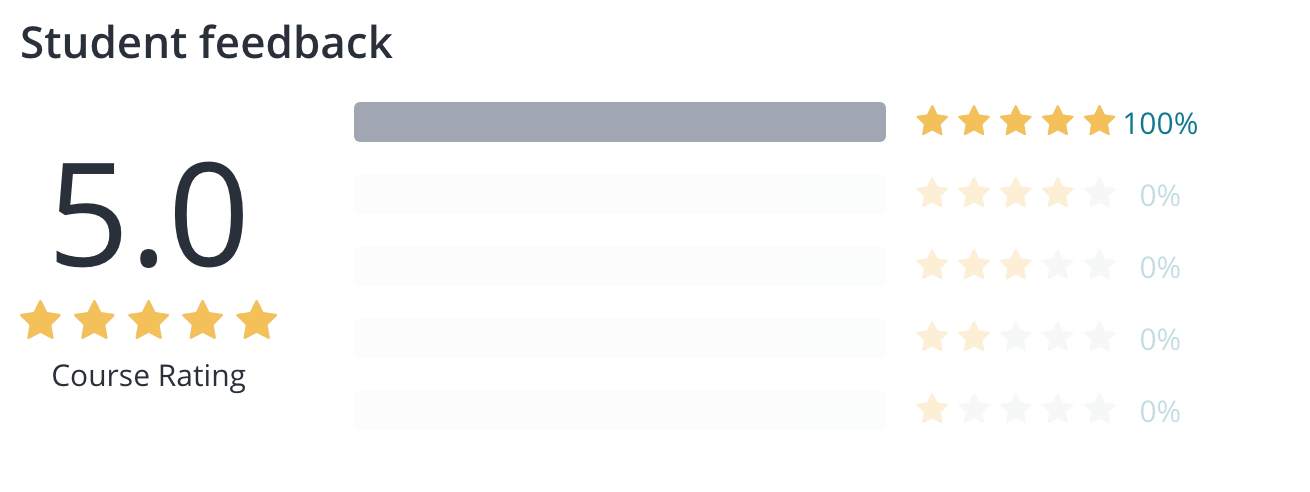

John V Denley
Introduction to the cube
How the side pieces move
How the corner pieces move
Creating the white cross (practice)
Creating the 'Daisy' and completing the white cross
Placeholder Lesson: Practice Practice Practice - Intro and basic move Need a NEW video here!
Placeholder lesson - all potential positions of the white corners
The basic white corner move "insertion on the right"
The basic white corner move "insertion on the left"
All possible white corner exceptions
White Corner twist, when white is facing left
White Corner twist, when white is facing right
White Corner, when the white piece is facing the bottom
Introduction
Overview
FREE PREVIEWHow the different parts of the cube move
FREE PREVIEWOPTIONAL - looking inside the cube
Top Cross - Full details
Top Cross sequences only
Full Description
FREE PREVIEWLeft and Right - sequences only
Rotate the bottom corner - sequence only
Creating the cross - Full Description
Aligning the colours - Full Description
Create the cross - sequence only
Aligning the colours - sequence only
First corner - Full description
Second Corner - Full description
Last Two Corners - Full Description
The 'Left' sequence on its own (bottom right corner solved)
The 'Right' sequence on its own (bottom left corner solved)